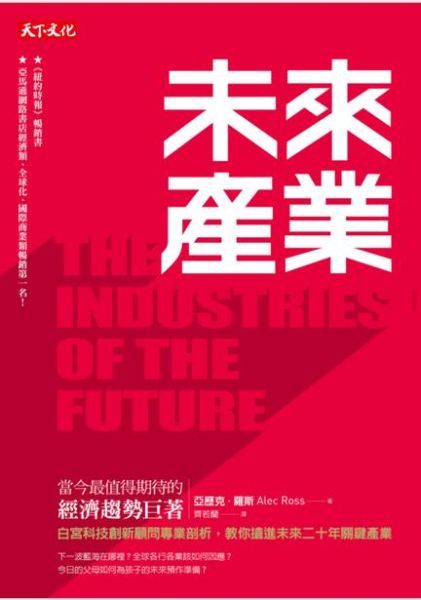Future Industry English FAQs:
Q1: What are the emerging trends in future industries from an English-speaking perspective? A1: From an English-speaking standpoint, several key trends are shaping future industries. Firstly, there's the rise of artificial intelligence and machine learning, with these technologies being integrated across diverse sectors such as healthcare, finance, and transportation. Secondly, the focus on renewable energy and sustainability is driving innovation in clean tech and green industries. Thirdly, there's an increasing emphasis on digital transformation, as businesses and organizations adopt advanced digital technologies and processes to enhance efficiency and competitiveness.
Q2: How do English speakers view the role of technology in the development of future industries? A2: English speakers generally see technology as a crucial catalyst for the growth and advancement of future industries. It's widely acknowledged that technological innovations drive productivity, create new business models, and open up opportunities for global collaboration and market expansion. However, there's also a recognition of the potential risks and challenges associated with rapid technological change, such as job displacement and data privacy concerns. So, there's a balanced view that emphasizes the need for responsible and ethical use of technology alongside its benefits.
Q3: What skills are essential for professionals in future industry sectors from an English context? A3: In the English-speaking world, future industry professionals require a combination of technical and soft skills. Technical skills include proficiency in areas like data analytics, programming, and understanding complex systems. Additionally, knowledge of emerging technologies such as blockchain and quantum computing is highly valued. Soft skills like problem-solving, critical thinking, adaptability, and effective communication are equally important, as they enable professionals to navigate the dynamic and rapidly changing landscape of future industries.
Q4: How is the concept of "industry 5.0" discussed in English-language circles? A4: The concept of "Industry 5.0" has been gaining traction in English-language discussions. It represents a paradigm shift where human-centric values and principles guide industrial development. This involves not only technological innovation but also a strong focus on sustainability, social inclusion, and quality of life. It envisions a future where automation and advanced technologies coexist harmoniously with the needs and aspirations of society, creating industries that are more resilient, ethical, and responsive to global challenges.

Q5: What impact is the English language likely to have on the global discourse of future industries? A5: The English language is poised to play a significant role in the global discourse of future industries. As it is the dominant language in international business, science, and academia, many of the key publications, conferences, and online platforms discussing future industry trends are in English. This means that English will continue to serve as a bridge for cross-cultural communication and knowledge sharing. Professionals around the world will need to be proficient in English to engage effectively in these discussions and stay updated with the latest developments.
本文来自作者[浅戈的鱼]投稿,不代表智博立场,如若转载,请注明出处:https://zhibor.cn/changshi/202503-25397.html


评论列表(4条)
我是智博的签约作者“浅戈的鱼”!
希望本篇文章《未来产业英文》能对你有所帮助!
本站[智博]内容主要涵盖:知识科普
本文概览:Future Industry English FAQs:Q1: What are the emerging trends in future industries from...